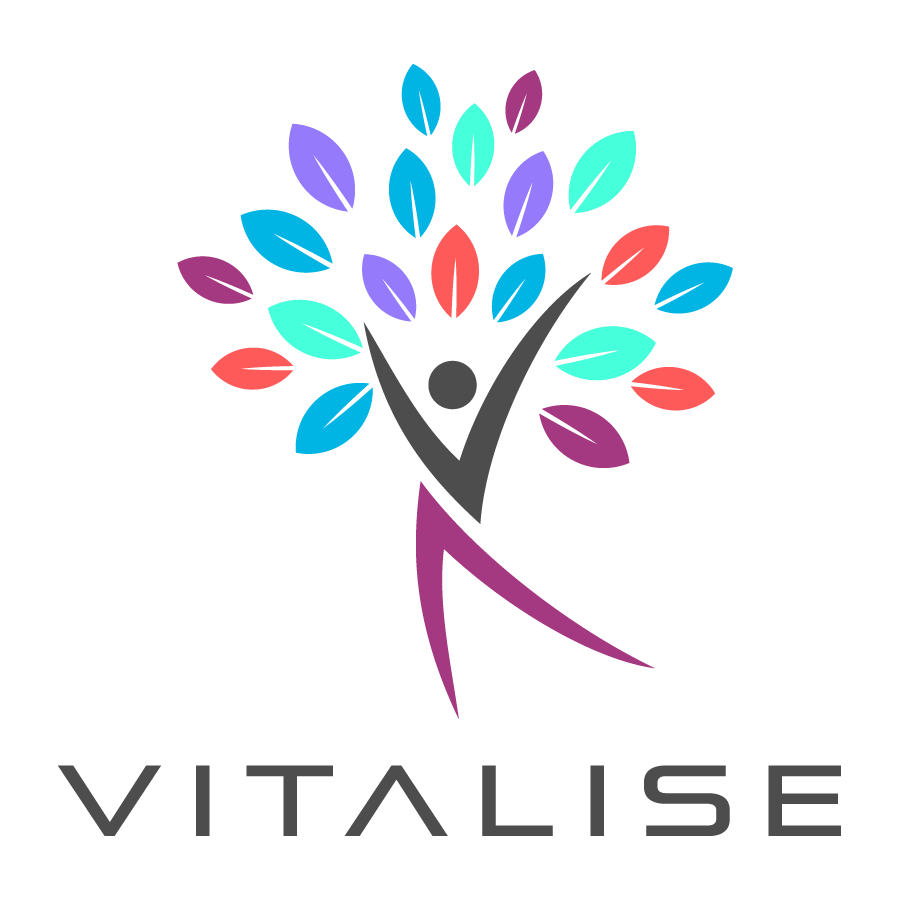Wiki source code of Co-creation session
Last modified by Sarantis Dimitriadis on 2023/05/30 17:23
Hide last authors
| author | version | line-number | content |
|---|---|---|---|
| |
11.2 | 1 | (% class="western" lang="en-GB" style="text-align:justify" %) |
| 2 | **Description:** Co-creation session is a facilitated group activity to find solutions for a specific problem by gathering ideas, solutions and insights from workshop participants while using variety of methods. Depending on the workshop focus, it may comprise ideation, concept development and testing. Typical duration for short workshop is from 45 minutes to 90 minutes, medium-length workshop from 90 minutes to 3 hours, and long-workshop from 3 hours to 1 day. The number of participants may vary depending on how many facilitators are available, and what kind of working methods are utilized. Typically, a workshop facilitated by a single facilitator consists of six to eight persons. Number of participants are sometimes numbered to enable them to work in pairs. | ||
 |
1.1 | 3 | |
| |
11.2 | 4 | (% class="western" lang="en-GB" style="text-align:justify" %) |
| |
12.2 | 5 | (% lang="en-US" style="line-height:107%" %)**R&D service category-ies: **(%%)Co-creation, Capacity building |
 |
1.1 | 6 | |
| |
11.2 | 7 | (% class="western" lang="en-GB" style="text-align:justify" %) |
| 8 | **Key characteristics in Living Lab context:** | ||
 |
1.1 | 9 | |
| 10 | * Fundamental features: Requires (1) facilitator(s), (2) interaction/is interactive, (3) iterative process | ||
| 11 | * Can be applied in almost all phases: e.g., ideation, concept creation/testing, prototyping, prototype testing | ||
| 12 | * Can be virtual/online or in person event | ||
| 13 | * It is a service but also a generic method | ||
| 14 | * Duration varies, but usually 2-3 hours | ||
| |
11.2 | 15 | * Often multi-stakeholder approach: researchers, clinicians, students (e.g., paediatric(% lang="en-US" %)** **(%%)project, project on language and communication). Depending on the concept all actors of the quadruple helix are contacted, number of users depends also on the stakeholders. Engagement of different stakeholders can also be achieved by running series of sessions |
 |
1.1 | 16 | |
| |
11.2 | 17 | (% class="western" lang="en-GB" style="text-align:justify" %) |
 |
1.1 | 18 | **Participants’ role:** |
| 19 | |||
| 20 | * In the beginning of the innovation process, involve the users as the creators | ||
| |
11.2 | 21 | * If there is a product with higher Technology Readiness Level (TRL), a ready Minimum Viable Product (MVP) is more like a focus group, |
 |
1.1 | 22 | * Need finding session, focus group is more of an evaluation, |
| 23 | |||
| |
11.2 | 24 | (% class="western" lang="en-GB" style="text-align:justify" %) |
 |
1.1 | 25 | **Pre-tasks:** prepare session upfront with the sketches, if focus group - open questions (sent beforehand), workshop preparation template |
| 26 | |||
| |
11.2 | 27 | (% class="western" lang="en-GB" style="text-align:justify" %) |
| 28 | **Objectives** (varies depending on researchers’ interest): | ||
 |
1.1 | 29 | |
| |
11.2 | 30 | * Co-creation session: Finding solutions for a specific problem with or without prototypes or mock-ups. Co-creating the actual design, sketch interfaces, make the solution tangible, Drafting (prototypes, drawing), mock-ups |
 |
1.1 | 31 | * Demo-session: specifically, setup to explain about the use of a prototype or market ready product and gather (first) feedback. Often done before launching a test. |
| |
11.2 | 32 | * Business model session (broader, a service?): developing and defining a business model (e.g., potential customers, sales channels, distributors, value chain, the Willingness to Pay, revenue streams etc. |
 |
1.1 | 33 | |
| |
11.2 | 34 | (% class="western" lang="en-GB" style="text-align:justify" %) |
| 35 | **Methods:** Brainstorming, use simulations, group discussion / focus groups, semi-structured focus group, survey, questionnaire | ||
 |
1.1 | 36 | |
| |
11.2 | 37 | (% class="western" lang="en-GB" style="text-align:justify" %) |
| 38 | **Tools:** Projection walls, visual mock-ups, use tangible tools for prototyping (e.g. wearables), team groups, polling (tech); questionnaires, focus groups, idea generation techniques, post-it notes, creative supplies, art supplies | ||
 |
1.1 | 39 | |
| |
11.2 | 40 | (% class="western" lang="en-GB" style="text-align:justify" %) |
| 41 | **Online tools:** Online system for idea generation, Teams meeting, Zoom with breakout rooms, Google meet, Miro whiteboard, Mural.co |
